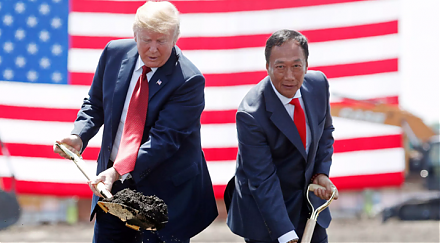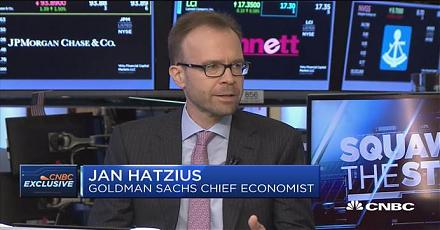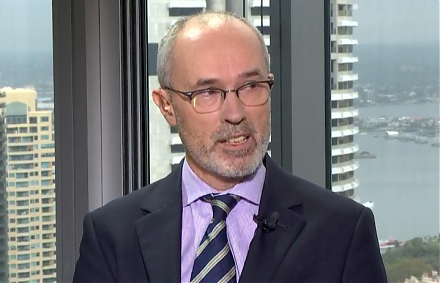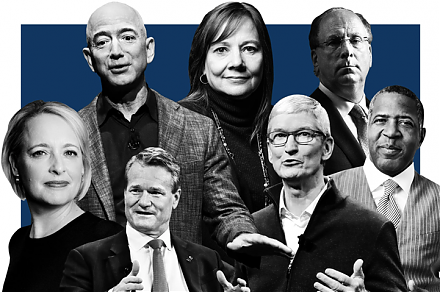

2018-11-09 11:35:00 Fri ET
technology antitrust competition bilateral trade free trade fair trade trade agreement trade surplus trade deficit multilateralism neoliberalism world trade organization regulation public utility current account compliance
The Internet inventor Tim Berners-Lee suggests that several tech titans might need to be split up in response to some recent data breach and privacy concerns. Tech titans from Facebook to Google have become so dominant that they may need to be broken up unless user taste changes and legal challenges reduce their clout.
Berners-Lee, the British computer scientist who invented the world wide web with no patent protection back in 1989, expresses disappointment with the current state of the Internet in response to the Cambridge Analytica scandals over personal data abuse and breach and political hatred propagation on social media platforms such as Facebook and Google. Berners-Lee suggests that there is an apparent danger of both market dominance and cultural power concentration in a small number of tech giants. Few alternative rivals balance this oligopolistic competition for better user privacy and consumer protection.
As of December 2017, Facebook, Apple, Microsoft, Google, and Amazon (FAMGA) maintain astronomical stock market capitalization of $3.7 trillion, which is equal to the total GDP of Germany in the same fiscal year. Berners-Lee points out that it is important for these tech titans to break up by shifting exorbitant market power from the current oligopoly to some other medium enterprises.
If any of our AYA Analytica financial health memos (FHM), blog posts, ebooks, newsletters, and notifications etc, or any other form of online content curation, involves potential copyright concerns, please feel free to contact us at service@ayafintech.network so that we can remove relevant content in response to any such request within a reasonable time frame.
2018-12-17 08:43:00 Monday ET

Apple files an appeal to overturn the recent iPhone sales ban in China due to its patent infringement of Qualcomm proprietary technology. This recent ban of
2018-11-21 11:36:00 Wednesday ET

Apple upstream suppliers from Foxconn and Pegatron to Radiance and Lumentum experience sharp share price declines during the Christmas 2017 holiday quarter.
2023-11-28 11:35:00 Tuesday ET

David Colander and Craig Freedman argue that economics went wrong when there was no neoclassical firewall between economic theories and policy reforms. D
2017-03-27 06:33:00 Monday ET

Goldman Sachs chief economist Jan Hatzius says the Federal Reserve's QE exit strategy makes sense ahead of Fed Chair Janet Yellen's stepdown in 2018
2019-08-05 13:30:00 Monday ET

China continues to sell U.S. Treasury bonds amid Sino-U.S. trade truce uncertainty. In mid-2019, China reduces its U.S. Treasury bond positions by $20.5 bil
2020-05-05 09:31:00 Tuesday ET

Our fintech finbuzz analytic report shines fresh light on the fundamental prospects of U.S. tech titans Facebook, Apple, Microsoft, Google, and Amazon (F.A.